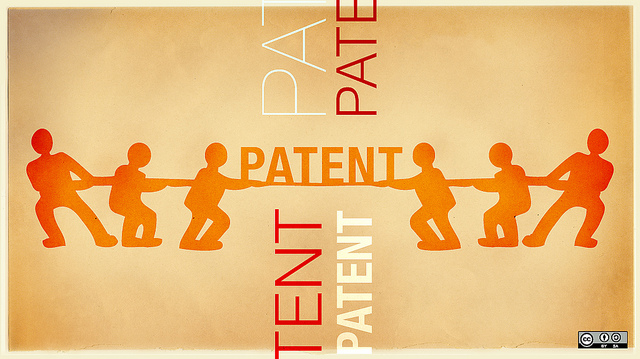Although the United States is no doubt a fertile ground for patent litigation—with approximately 4,000 patent lawsuits filed in its courts each year—patent owners are increasingly looking outside of its borders to enforce their patent rights. This shift is due, in part, to the recent issuance of various United States Supreme Court decisions that have made the enforcement of patent rights more difficult. When looking abroad, Canada is often considered a possible venue due to its proximity to the United States and the relative cost-effectiveness of its proceedings.

In considering whether to litigate in Canada, it is important for patent owners to understand the differences in litigating between the two countries. Here, we review the top 10 ways in which patent litigation in Canada differs from the United States.
Table of Contents
1. No forum shopping
In Canada, almost all patent infringement actions are brought in the Federal Court, a specialized court of national jurisdiction. While the Federal Court has concurrent jurisdiction with provincial courts over matters of infringement, the Federal Court has exclusive jurisdiction to hear patent impeachment proceedings. As a result, there is virtually no time spent on disputes over forum or jurisdictional shopping issues in Canada.
2. Limited discovery
The discovery process in Canada is not as invasive as it typically is in the United States. Oral examinations for discovery in Canada (known as depositions in the United States) are generally limited to one representative per party. Third parties or other fact witnesses are rarely examined. Further, the rules generally do not allow experts to be examined as part of the discovery process. Similarly, documentary discovery in Canada is generally not as probing as it is in the United States.
3. No Markman hearings
In Canada, there are no pre-trial Markman hearings. Claim construction is done at the main trial, with the benefit of expert evidence on the skilled person’s construction in light of their common general knowledge.
4. Lower legal expenses
Legal expenses associated with patent litigation in Canada are generally much lower than those in the United States. This largely due to procedural differences; in Canada, limited discovery and lack of pre-trial expert examinations significantly reduce time spent by lawyers and experts.
5. Summary judgment is rare
Without a ruling on claims construction from a Markman-type hearing, there is judicial reluctance to grant summary judgment prior to trial in Canada. Generally, the Federal Court will prefer to send a case to trial where there are competing expert opinions.
6. No juries
As abovementioned, the majority of Canadian patent litigation takes place in the Federal Court, where there are no juries. All Federal Court patent infringement actions are heard by a single judge.
7. No inter partes review (IPR)
There is no equivalent to the American IPR process in Canada. Although the Canadian Patent Act does provide for re-examination proceedings before the Patent Office, the scope of this procedure is very narrow compared to IPR. As a result, Canadian re-examination proceedings are seldom used in practice, especially not in the context of litigation. Moreover, the Federal Court generally will stay any re-examination in favour of a parallel patent ligation action.
8. No treble damages
In Canada, treble damages are not available. While a damages award may exceed compensatory damages, this remedy is reserved for exceptional cases of egregious conduct.
9. Accounting of profits
In Canada, a successful patentee in a patent infringement action is generally entitled to elect between compensatory damages and an accounting of the defendant’s profits. Whereas damages compensate the patentee for their losses due to lost sales, an accounting of profits allows the patentee to recover the infringer’s profits earned from the infringement.
10. Costs to the victor
A successful party in Canada is normally entitled to an award of costs from the losing party, in accordance with a court tariff. Often, the amount paid is approximately 20-30% of actual fees, plus reasonable disbursements. In complex patent infringement cases, costs awards can be substantial; for example, in Dow v Nova, 2017 FC 637 where Dow was awarded over $644 million dollars in profits, the Federal Court awarded $6.5 million to Dow for the costs of its successful patent infringement action.
Contributed by Mala Milanese
Mala is an intellectual property lawyer at Heer Law. She specializes in intellectual property litigation and advises clients on matters involving patents, trademarks, and copyright. She draws upon problem-solving skills acquired as a chemistry student—along with her intellectual property experience gained at leading firms—to assist clients in achieving efficient resolutions to their intellectual property issues.

